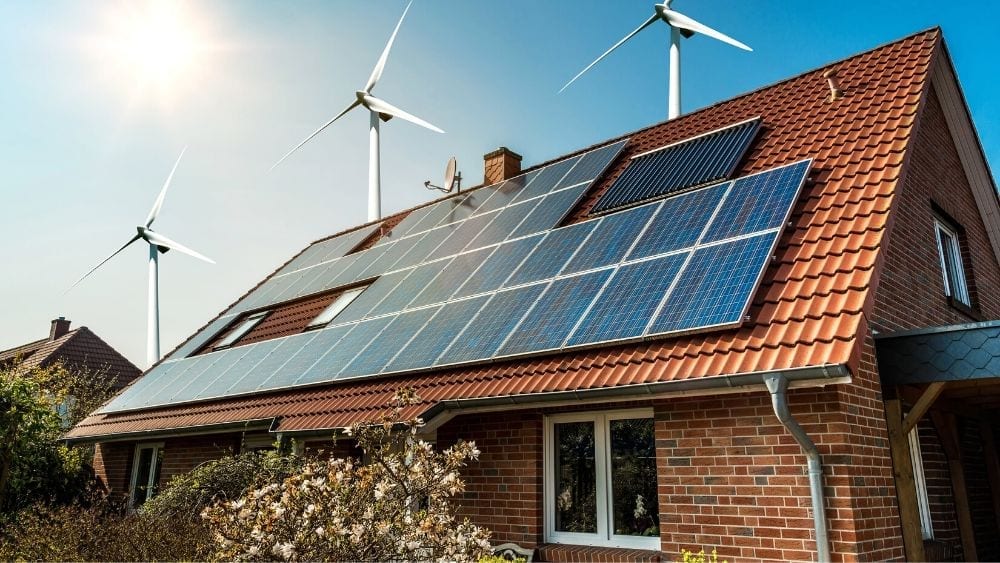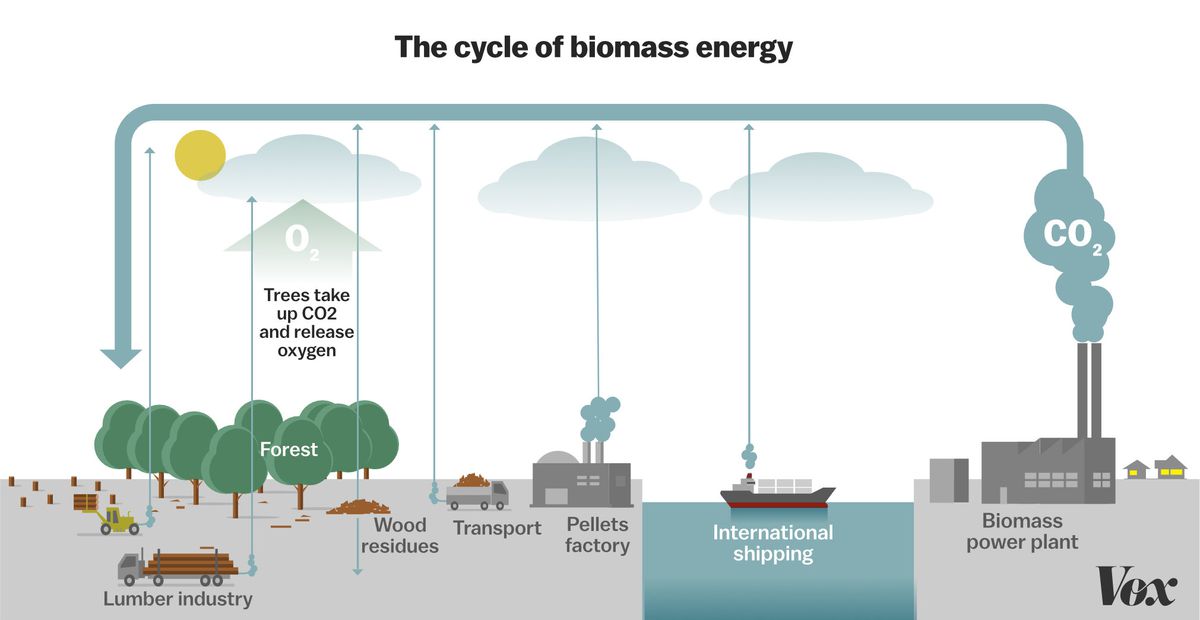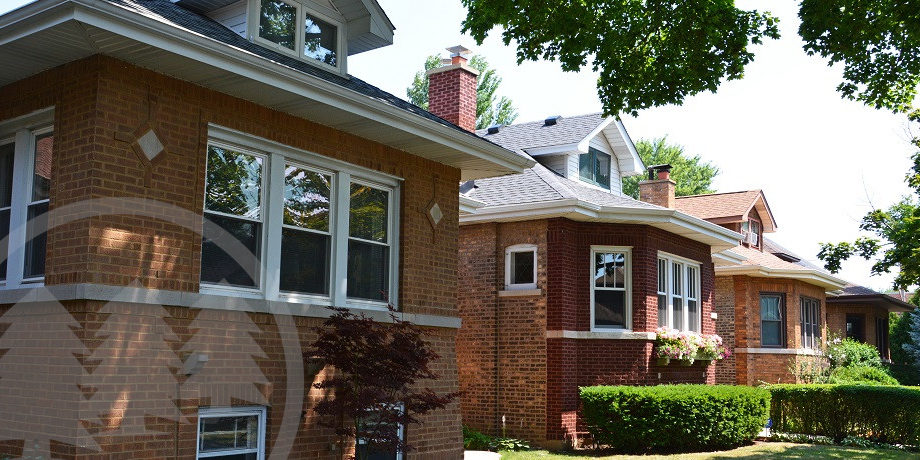Infographic by Northeastern University Online
Today we will take a detailed look at the evolution of sustainability and green practices. I’ll provide my own insights for you in just a bit, but first check out this amazing infographic below!
Sustainable Living: A History of Change
Sustainability has been a hot topic for years, but what does it mean? How have our practices and attitudes toward sustainability changed over time? What can we do to become more sustainable in the future? Let’s explore the evolution of sustainability.
The Origin of Sustainability
Sustainability first appeared as a concept during the 19th century, when industrialization was taking hold in Europe. In 1854, German geographer Alexander von Humboldt wrote about the importance of using natural resources responsibly. In his writings, he talked about how humans should use renewable sources and take care not to overexploit natural resources. This idea of sustainability was further explored by Swedish scientist Svante Arrhenius in 1896, who proposed that humans were responsible for climate change due to their burning of fossil fuels.
The Rise of Modern Sustainability
In recent years, sustainability has become increasingly important as humans recognize the need to conserve natural resources and reduce our carbon footprints. In 1987, the United Nations World Commission on Environment and Development published its report Our Common Future, which outlined the idea of sustainable development—the equitable use of resources to meet human needs while also preserving the environment for future generations. Since then, governments around the world have adopted policies designed to promote sustainability, including laws related to energy efficiency, renewable energy sources such as solar or wind power, water conservation, organic farming practices and zero-waste initiatives.
What Comes Next?
As awareness about environmental issues continues to grow globally, so too does our understanding of what it means to live sustainably. We now understand that living sustainably is not just about conserving resources; it’s also about making sure that those resources are used equitably and responsibly. As technology advances and more people become aware of their individual impacts on the environment, we can expect even more changes in attitudes towards sustainable living over time.
Sustainability is no longer just an abstract concept; it’s something that we are actively striving towards every day through our actions and choices. From reducing our consumption habits to utilizing renewable sources of energy like solar or wind power—we all have a role to play in creating a sustainable future for generations to come. Through collective action and personal responsibility, we can ensure that our planet remains healthy for years to come!






